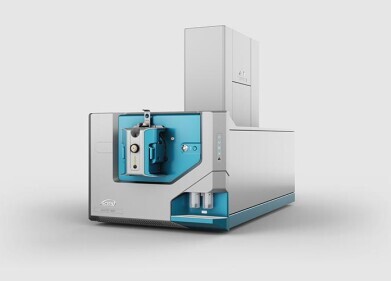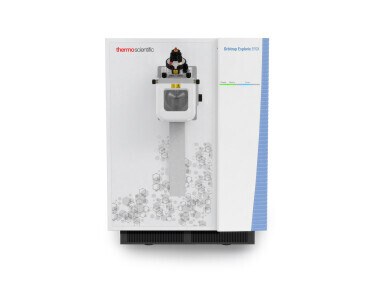Mass spectrometry & spectroscopy
Could New Diabetes Treatment Replace Insulin Injections?
Dec 21 2016
For some diabetes patients, insulin injections are a way of life. Though thanks to a new development from scientists at Basel’s ETH University, they may not have to be. Testing their theory on mice, Martin Fussenegger and his team have honed in on a new diabetes treatment that could eliminate need for insulin injections.
Instead, the therapy relies on a capsule of genetically engineered cells which is implanted under the skin. The capsule releases insulin as required, and would need to be replaced just three times a year. If human trials prove safe and effective, it could simplify life for diabetes patients, and reduce the risk of insulin levels unexpectedly spiking. The ability to perfectly calculate blood sugar levels and administer insulin to a tee would also minimise the risks of long-term complications including eye, nerve and heart damage.
Swapping injections for implants
Taking an avant-garde approach, Fussenegger and his team re-engineered human kidney cells to carry out functions that are usually performed by the pancreas. This involved introducing two new genes, the first making the cell sensitive to glucose levels and the second directing it to distribute insulin when glucose levels spike.
Laboratory trials have delivered positive results, with diabetic mice enjoying normal blood sugar levels for weeks at a time. Now, Fussenegger and his team are rallying for a clinical trial licence which would allow them to testing on humans within two years. If successful, the revolutionary new treatment could help both Type 1 and Type 2 diabetes patients.
The diabetes epidemic
The findings are particularly relevant, given that the latest studies from the Local Government Association (LGA) warn that diabetes is quickly becoming an epidemic. Already, around 400,000 Brits are diagnosed with Type 1 diabetes, with a further 3 million suffering from Type 2. Around 10% rely on insulin injections to control their conditions, often daily. If the new treatment is successfully commercialised, it could change millions of lives.
“By 2040, every tenth human on the planet will suffer from some kind of diabetes, that’s dramatic. We should be able to do a lot better than people measuring their glucose,” maintains Fussenegger.
Emily Burns, research communications manager at Diabetes UK comments, “We can already replace the cells in the pancreas that are damaged in Type 1 diabetes by using cells taken from donated pancreases, but one of the issues with this approach is that there aren’t enough donors. That’s why research like this is so important: finding ways to produce an unlimited supply of pancreatic cells, or cells that act like them, in the lab.”
Sugar can wreak havoc on the body, and can be incredibly dangerous for people with insulin deficiencies. ‘Profiling and Quantification of Mono and Disaccharides and Selected Alditols in Juice, Beer, Wine, and Whiskey Using UHPLC with Mass Detection’ explores how new technologies are helping consumers enjoy more transparent and informative product labelling, particularly when it comes to sugar content.
Digital Edition
Lab Asia Dec 2025
December 2025
Chromatography Articles- Cutting-edge sample preparation tools help laboratories to stay ahead of the curveMass Spectrometry & Spectroscopy Articles- Unlocking the complexity of metabolomics: Pushi...
View all digital editions
Events
Jan 21 2026 Tokyo, Japan
Jan 28 2026 Tokyo, Japan
Jan 29 2026 New Delhi, India
Feb 07 2026 Boston, MA, USA
Asia Pharma Expo/Asia Lab Expo
Feb 12 2026 Dhaka, Bangladesh



















